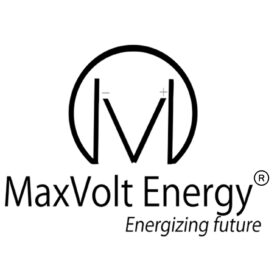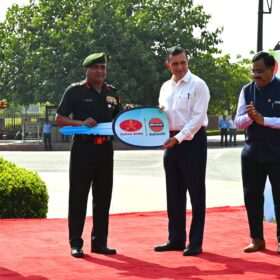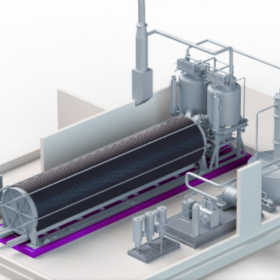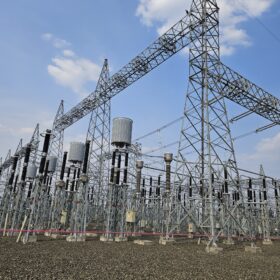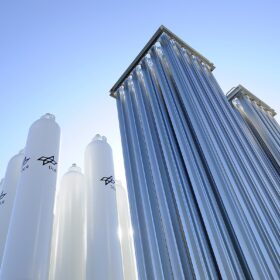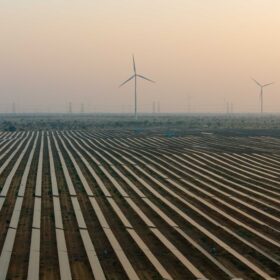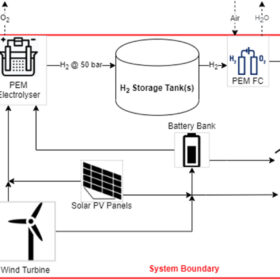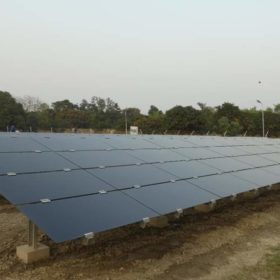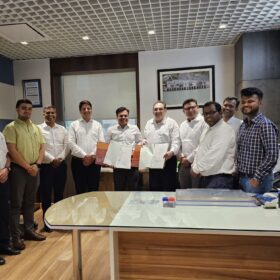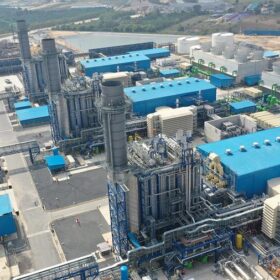Maxvolt secures $1.5 million for lithium battery plans
Maxvolt Energy Industries has raised $1.5 million from angel investors to accelerate its lithium battery research and development efforts, enhance the production capacity, and expand market reach.
Indian Army receives hydrogen bus
The Indian Army has received a hydrogen fuel cell bus under its collaboration with Indian Oil Corp. Ltd (IOCL) for demonstration trials of this technology. The bus promises a mileage of 250-300 km on a full 30 kg onboard tank of hydrogen fuel.
Reliance signs alkaline electrolyzer deal with Norway’s Nel
Through the agreement, Reliance gets access to Nel’s technology platform for manufacturing alkaline electrolyzers.
IndiGrid Q4 FY 2024 revenue grows 31% year-on-year
IndiGrid’s consolidated revenue for the quarter ended March 31, 2024 was up 31% to INR 7,856 million.
Policy uncertainty creates ‘gap’ between hydrogen aims and reality, says BNEF
BloombergNEF (BNEF) says in a new study of 1,600 planned hydrogen projects that governments will miss their 2030 hydrogen targets. Analyst Adithya Bhashyam tells pv magazine that most of the announced projects to the end of this decade lack the key conditions for success.
India expected to install 21.2 GW of solar in FY 2025
JMK Research projects 21.2 GW of new solar capacity addition in FY 2025. This will comprise 16.5 GW of utility-scale, 4 GW rooftop, and 700 MW off-grid installations.
Hybrid hydrogen-battery system for off-grid PV-powered homes
Conceived by a Dutch research group, the proposed system is intended to store surplus renewable electricity via hydrogen generation and battery storage, with the latter being used only when hydrogen generation is not immediately available. Despite its high initial costs, the system can reportedly offer stable operation.
Nigeria’s Rural Electrification Agency, Husk Power Systems partner to deploy 250 MW of decentralized renewable energy projects
Nigeria’s Rural Electrification Agency has partnered Husk Power Systems for inter-connected minigrids and isolated minigrids, rooftop commercial and industrial (C&I) solar, productive use of energy (PUE), and appliance sales and financing.
Hero Future Energies secures PPA for 150 MW renewables-plus-storage project
Hero Future Energies has secured a power purchase agreement (PPA) with SJVN Ltd for a 150 MW firm and dispatchable renewable power project to be developed in Karnataka.
The Hydrogen Stream: Hygenco, Mitsubishi partner to deliver green hydrogen-fired GTCC power plants
Hygenco Green Energies has signed a memorandum of understanding (MoU) with Mitsubishi Heavy Industries and Mitsubishi Power to deliver green hydrogen-/ammonia-fired gas turbine combined cycle (GTCC) power plants.
